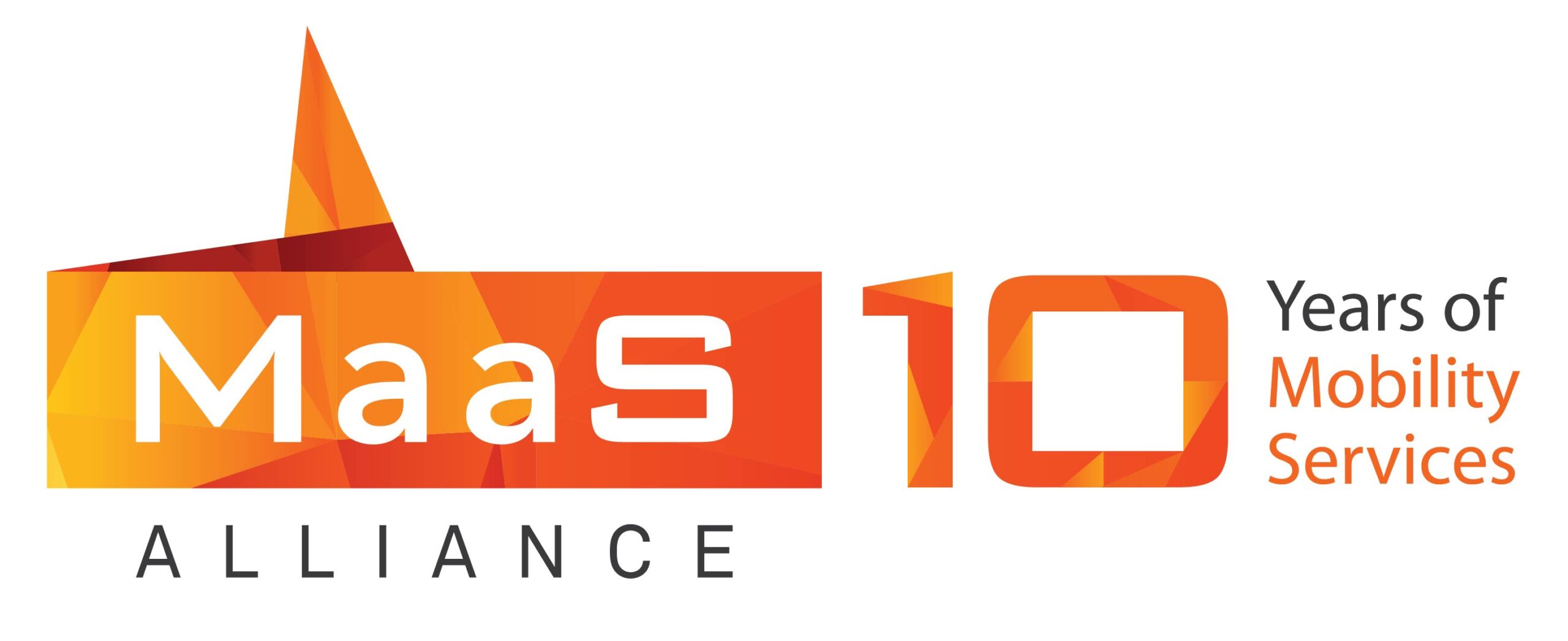“I am very pleased to see the Interoperable Europe Act in place, fulfilling the calls for better, interoperable digital public services in the EU, says European Commissioner for Budget and Administration Johannes Hahn. This Act lays the groundwork for an effective, interconnected EU public sector and for inclusive, transparent and responsible digital transformation. It enhances collaboration among public administrations in Member States and expands access to digital cross-border public services in the EU, leaving no one behind.
With 150 million EU citizens living in a border region and 2 million people commuting between Member States, the Act will be to the benefit of many, including businesses, and public administrations.
In the future, the benefits of the Act will become most apparent through the use of interconnected digital public services based on the cross-border exchange of data. The mutual recognition of academic diplomas or professional qualifications, the exchanges of vehicle data for road safety or information related to taxation, access to social security and health data, customs, public tender accreditation, digital driving licenses, commercial registers,.. Each of these services will have the potential to be improved by the Act.
Four main pillars
The Act’s approach will be the implementation of a set of measures, which can be summarised by the following four pillars:
- The setup of a multi-level governance framework to define the interoperability agenda , including the needs for common interoperability solutions.
This framework will be steered by the Interoperable Europe Board and supported by the Interoperable Europe Community. - The introduction of mandatory interoperability assessments for the interoperable-by-design public services, starting from January 2025. This obligation will help public sector bodies to explore and, where appropriate, address cross-border interoperability aspects at the design phase.
The Board and the Commission will provide the necessary guidelines and tools. For these assessments guidelines, a pilot will soon take place, to which 50 public administrations in the EU (from the local to the European level) have signed up. - Mainstreaming of the sharing and reusing of interoperability solutions among public administration, powered by the one-stop-shop for solutions ‘Interoperable Europe Portal’.
The set-up of this Portal will start from the Joinup portal. - A strengthened innovation and policy support, including training, regulatory sandboxes for policy experimentation, GovTech and policy implementation support projects, to develop, test and scale up solutions.
Regional and local authorities will play an active role in the development of interoperability solutions, with the involvement of SMEs, research and educational organisations and civil society.
The Act, proposed by the Commission, represents a significant step towards completing the Digital Single Market and contributes to a more effective implementation of digital policies. The Act contributes to reaching the objectives of the Digital Decade, such as having 100% of key public services available online by 2030.
The implementation of the interoperable Europe Act will be funded through the Digital Europe Programme (DIGITAL). According to the impact assessment, the Act is expected to save up to 5 billion euro on a yearly basis.
Source: European Commission


